UN Secretary General: Appeal For Peaceful Solutions in Syria
UN Secretary General: Appeal For Peaceful Solutions in Syria
New York City / Ludwigshafen am Rhein. (oterapro). April 14, 2018. The founder of Liberty and Peace NOW! Human Rights Reporters, www.libertyandpeacenow.org and www.libertypeacenow.org (Blog: https://humanrightsreporters.wordpress.com), Andreas Klamm as known as Andreas Klamm-Sabaot has sent via FAX and E-mail an Appeal for Peaceful Solutions to the UN General Secretary António Guterres.
To
His Excellency António Guterres
UN Secretary General
United Nations, S-233
New York, NY 10027
(PRESS INQUIRIES ONLY) Tel. 212-963-7162
(ALL OTHER INQUIRIES) Tel. 212-963-1234
Stéphane Dujarric
Spokesman for the Secretary-General
E-mail: dujarri@un.org
Eri Kaneko
Associate Spokesperson for the Secretary-General
E-mail: kaneko@un.org
Farhan Haq
Deputy Spokesman for the Secretary-General
E-mail: haqf@un.org
405 East 42nd Street, Room S-0200, New York, NY 10017
Protocol General Tel: (212) 963-7170, (212) 963-7171
Protocol Accreditation Tel: (212) 963-7181
Fax: 0012129631921
Neuhofen, April 11th, 2018
Ludwigshafen am Rhein, Rhineland-Palatinate, Germany
APPEAL FOR PEACEFUL SOLUTIONS IN CONCERN OF SYRIA AND PEACE – The use of force will be a is prohibited
Dear His Excellency UN Secretary General António Guterres!
The media and government reports issued by the The President of the United States of America, His Excellency President Donald J. Trump, The U.S. Government, other leaders around the world are troubling and alarming.
As we have come to know there are officially unconfirmed reports about a possible attack with chemical weapons in the country of Syria. No proof has been provided yet. As we have learned and do know, it is not yet even certain if such attacks with chemical weapons might have taken place.
Threats have been issued and have been mentioned in public by several nation and Government leaders, rulers and even Presidents in Office, to attack the country of Syria with the use of force has been mentioned. Adding violence to violence is making no sense at all and it will not lead to peace and peaceful solutions which shall be and should be the first class priority and aim.
Based upon the Universal Declaration of the United Nations proclaimed in 1948 and the goodwill of peace loving people therefore I want to make an APPEAL FOR PEACEFUL SOLUTIONS for the country of Syria, its Government, its citizen and people and surrounding nations, such as
- Gathering of the UN Security Council which will adopt following peaceful solutions.
- Launch of an multinational UN investigation in concern of a possible attack with chemical weapons in Syria.
- The use of force and the use of lethal force will not be allowed and will be and is prohibited until certain proof of facts will be delivered to the UN Security Council and the public worldwide.
- Launch of a temporary Regional Security Council Assembly for Syria with members of the regular UN Security Council and with members of the official Government of Syria and with members of the official Government of Russia
- The aim of and for peaceful solutions for the country of Syria and its people and citizen and surrounding nations shall be set with first class priority.
- The aim of and for peaceful solutions shall have first class priority.
- As long as the UN investigation is ongoing any kind of false accusations against any country and government including, the Government of Syria, Iran and Russia will be not allowed and will be and are prohibited.
- Crimes according the crime of aggression according the Rome Statute / ICC will be and are prohibited
- Crimes against humanity and the use of forces and lethal force will be and are prohibited as long as the UN investigation will be ongoing and as long as not save and certain proof will be provided.
- Instead of the use of force there will be set and launched a regional conference or gathering assembly for peaceful solutions for Syria, its people, citizen and surrounding nations with national, international and multinational negotiators for peaceful solutions.
- In case if an attack against the country of Syria and its people and citizen with chemical weapons may will be confirmed based upon a just and air UN investigation a fair trial will be granted to those which are responsible and which are involved.
- Fair trial and negotiations will be granted and assured also to the Government of Syria and its President Bashar-al Assad. Peaceful solutions and humanitarian aid, assistance and support and for the citizen, people and animals living in the country of Syria will be have first priority.
Background, Reasoning And Sources
Syria´s President Bashar-al Assad may have invited according to officially not confirmed media reports already the member of the UN United Nations to launch an international and multional investigation.
Quote: „Assad denies use of chemical weapons
Syria’s president, Bashar-al Assad, has said that reports of a chemical weapons attack by his forces were „100% fabricated“.
In an exclusive interview with AFP, filmed by the Syrian presidency, he said that his country doesn’t have chemical weapons and that it was an excuse for the United States to attack his country.
Sources: AFP and BBC.com, http://www.bbc.com/news/av/world-middle-east-39586500/assad-denies-use-of-chemical-weapons
The entire UNIVERSAL DECLARATION OF HUMAN RIGHTS, Resolution 217 IIIA, United Nations, proclaimed in 1948 ff.
Article 1: Innate freedom and equality
All human beings are born free and equal in dignity and rights. They are endowed with reason and conscience and should act towards one another in a spirit of brotherhood.
Article 11: Right to the presumption of innocence
Everyone charged with a penal offence has the right to be presumed innocent until proved guilty according to law in a public trial at which he has had all the guarantees necessary for his defence.
No one shall be held guilty of any penal offence on account of any act or omission which did not constitute a penal offence, under national or international law, at the time when it was committed. Nor shall a heavier penalty be imposed than the one that was applicable at the time the penal offence was committed.
Universal Declaration of Human Rights, United Nations, universal
Article 8 bis
- For the purpose of this Statute, “crime of aggression” means the planning, preparation, initiation or execution, by a person in a position effectively to exercise control over or to direct the political or military action of a State, of an act of aggression which, by its character, gravity and scale, constitutes a manifest violation of the Charter of the United Nations.
- For the purpose of paragraph 1, “act of aggression” means the use of armed force by a State against the sovereignty, territorial integrity or political independence of another State, or in any other manner inconsistent with the Charter of the United Nations. Any of the following acts, regardless of a declaration of war, shall, in accordance with United Nations General Assembly resolution 3314 (XXIX) of 14 December 1974, qualify as an act of aggression:
(a) The invasion or attack by the armed forces of a State of the territory of another State, or any military occupation, however temporary, resulting from such invasion or attack, or any annexation by the use of force of the territory of another State or part thereof;
(b) Bombardment by the armed forces of a State against the territory of another State or the use of any weapons by a State against the territory of another State;
(c) The blockade of the ports or coasts of a State by the armed forces of another State;
(d) An attack by the armed forces of a State on the land, sea or air forces, or marine and air fleets of another State;
(e) The use of armed forces of one State which are within the territory of another State with the agreement of the receiving State, in contravention of the conditions provided for in the agreement or any extension of their presence in such territory beyond the termination of the agreement;
(f) The action of a State in allowing its territory, which it has placed at the disposal of another State, to be used by that other State for perpetrating an act of aggression against a third State;
(g) The sending by or on behalf of a State of armed bands, groups, irregulars or mercenaries, which carry out acts of armed force against another State of such gravity as to amount to the acts listed above, or its substantial involvement therein.
Exercise of jurisdiction
Under the Statute, the conditions for the exercise of jurisdiction for the „crime of aggression“ by the Court are as defined below. With these provisions, the Court may exercise its jurisdiction over the „crime of aggression“ in one or all of the following ways.
State referral, proprio motu
Security Council referral
Article 15 bis
Exercise of jurisdiction over the crime of aggression (State referral, proprio motu)
The Court may exercise jurisdiction over the crime of aggression in accordance with article 13, paragraphs (a) and (c), subject to the provisions of this article.
The Court may exercise jurisdiction only with respect to crimes of aggression committed one year after the ratification or acceptance of the amendments by thirty States Parties.
The Court shall exercise jurisdiction over the crime of aggression in accordance with this article, subject to a decision to be taken after 1 January 2017 by the same majority of States Parties as is required for the adoption of an amendment to the Statute.
The Court may, in accordance with article 12, exercise jurisdiction over a crime of aggression, arising from an act of aggression committed by a State Party, unless that State Party has previously declared that it does not accept such jurisdiction by lodging a declaration with the Registrar. The withdrawal of such a declaration may be effected at any time and shall be considered by the State Party within three years.
In respect of a State that is not a party to this Statute, the Court shall not exercise its jurisdiction over the crime of aggression when committed by that State’s nationals or on its territory.
Where the Prosecutor concludes that there is a reasonable basis to proceed with an investigation in respect of a crime of aggression, he or she shall first ascertain whether the Security Council has made a determination of an act of aggression committed by the State concerned. The Prosecutor shall notify the Secretary-General of the United Nations of the situation before the Court, including any relevant information and documents.
Where the Security Council has made such a determination, the Prosecutor may proceed with the investigation in respect of a crime of aggression.
Where no such determination is made within six months after the date of notification, the Prosecutor may proceed with the investigation in respect of a crime of aggression, provided that the Pre-Trial Division has authorized the commencement of the investigation in respect of a crime of aggression in accordance with the procedure contained in article 15, and the Security Council has not decided otherwise in accordance with article 16.
A determination of an act of aggression by an organ outside the Court shall be without prejudice to the Court’s own findings under this Statute.
This article is without prejudice to the provisions relating to the exercise of jurisdiction with respect to other crimes referred to in article 5.[6]
Article 15 ter
Exercise of jurisdiction over the crime of aggression (Security Council referral)
The Court may exercise jurisdiction over the crime of aggression in accordance with article 13, paragraph (b), subject to the provisions of this article.
The Court may exercise jurisdiction only with respect to crimes of aggression committed one year after the ratification or acceptance of the amendments by thirty States Parties.
The Court shall exercise jurisdiction over the crime of aggression in accordance with this article, subject to a decision to be taken after 1 January 2017 by the same majority of States Parties as is required for the adoption of an amendment to the Statute.
A determination of an act of aggression by an organ outside the Court shall be without prejudice to the Court’s own findings under this Statute.
This article is without prejudice to the provisions relating to the exercise of jurisdiction with respect to other crimes referred to in article 5.
Activation of the Court’s jurisdiction
Since the amendments on the crime of aggression were adopted under Article 121.5, they enter into force for each ratifying State individually. In addition, the amendments require two further conditions to be fulfilled for the Court to exercise jurisdiction, both for state referrals and proprio motu investigations (15 bis) and for Security Council referrals (15 ter):
The Court may exercise jurisdiction only with respect to crimes of aggression committed one year after the ratification or acceptance of the amendments by thirty States Parties.
The Court shall exercise jurisdiction over the crime of aggression in accordance with this article, subject to a decision to be taken after 1 January 2017 by the same majority of States Parties as is required for the adoption of an amendment to the Statute.
At the 16th annual session of the Assembly of States Parties to the Rome Treaty, it was decided to activate jurisdiction of the Crime of Aggression starting July 17, 2018.[7]
ICC: Jurisdiction over Crime of Aggression Activated
(Dec. 26, 2017) The Assembly of States Parties to the Rome Statute of the International Criminal Court (ICC) met at United Nations headquarters from December 4 to 14, 2017. (Press Release, Assembly Activates Court’s Jurisdiction over Crime of Aggression, ICC website (Dec. 15, 2017).) The Assembly “is the Court’s management oversight and legislative body and is composed of representatives of the States which have ratified or acceded to the Rome Statute.” (Assembly of States Parties, ICC website (last visited Dec. 20, 2017); Rome Statute of the International Criminal Court (in force from July 1, 2002), ICC website.)
Among the actions taken at the recent Assembly was the adoption of several resolutions by consensus. These included activating the jurisdiction of the ICC over the crime of aggression, thereby adding this crime to the other offenses over which ICC jurisdiction is active, which are genocide, war crimes, and crimes against humanity. The additional jurisdiction will become effective on July 17, 2018. (Assembly of States Parties, supra; Assembly Activates Court’s Jurisdiction over Crime of Aggression, supra.) The Assembly also amended article 8 of the Rome Statute, on war crimes, adding to the definition of war crimes the use of microbial, biological, or toxin weapons, weapons that cause injuries through fragments that cannot be detected by x-rays, and laser weapons. (Assembly Activates Court’s Jurisdiction over Crime of Aggression, supra.)
In addition, the Assembly elected six judges for terms of nine years; a new President of the Assembly, Judge O-Gon Kwon of the Republic of Korea, for the years 2018-20; and Vice-Presidents from Senegal and Slovakia. (Assembly Activates Court’s Jurisdiction over Crime of Aggression, supra.)
Background
The activation of the ICC’s jurisdiction over “aggression” follows many years of debate on how the crime would be prosecuted in practice. Although the mandate to bring aggressors to trial was part of the original jurisdiction of the ICC, its implementation was postponed pending agreement on the meaning of “aggression” and the role of nations with vetoes in the United Nations Security Council.
At a meeting held in Kampala, Uganda, in 2010, diplomats reached consensus that the ICC Prosecutor would take on cases of aggression only with the approval of the Security Council. In the absence of an acknowledgment by the Security Council that aggression has occurred, the Prosecutor must request a case from that body. Should the Security Council not reply for six months, the Prosecutor may seek approval from the ICC judges to proceed with an investigation. In addition, States may opt out of allowing ICC jurisdiction over crimes of aggression, sending a declaration to that effect to the Registrar of the Court. At the 2010 meeting, it was decided that the jurisdiction would come into effect in 2017 if adopted by 30 Member States and promulgated by the Assembly of States Parties. The 30th adoption, by Palestine, took place on June 26, 2016. (Stéphanie Maupas, After 15 Years, ICC States Still Debating Crime of Aggression, JUSTICEINFO.NET (Feb. 15, 2017).
Source:
http://www.loc.gov/law/foreign-news/article/icc-jurisdiction-over-crime-of-aggression-activated
Article 7
Crimes against humanity
- For the purpose of this Statute, „crime against humanity“ means any of the following acts when committed as part of a widespread or systematic attack directed against any civilian population, with knowledge of the attack:
(a) Murder;
(b) Extermination;
(c) Enslavement;
(d) Deportation or forcible transfer of population;
(e) Imprisonment or other severe deprivation of physical liberty in violation of fundamental rules of international law;
(f) Torture;
(g) Rape, sexual slavery, enforced prostitution, forced pregnancy, enforced sterilization, or any other form of sexual violence of comparable gravity;
(h) Persecution against any identifiable group or collectivity on political, racial, national, ethnic, cultural, religious, gender as defined in paragraph 3, or other grounds that are universally recognized as impermissible under international law, in connection with any act referred to in this paragraph or any crime within the jurisdiction of the Court;
(i) Enforced disappearance of persons;
(j) The crime of apartheid;
(k) Other inhumane acts of a similar character intentionally causing great suffering, or serious injury to body or to mental or physical health.
- For the purpose of paragraph 1:
(a) „Attack directed against any civilian population“ means a course of conduct involving the multiple commission of acts referred to in paragraph 1 against any civilian population, pursuant to or in furtherance of a State or organizational policy to commit such attack;
(b) „Extermination“ includes the intentional infliction of conditions of life, inter alia the deprivation of access to food and medicine, calculated to bring about the destruction of part of a population;
(c) „Enslavement“ means the exercise of any or all of the powers attaching to the right of ownership over a person and includes the exercise of such power in the course of trafficking in persons, in particular women and children;
(d) „Deportation or forcible transfer of population“ means forced displacement of the persons concerned by expulsion or other coercive acts from the area in which they are lawfully present, without grounds permitted under international law;
(e) „Torture“ means the intentional infliction of severe pain or suffering, whether physical or mental, upon a person in the custody or under the control of the accused; except that torture shall not include pain or suffering arising only from, inherent in or incidental to, lawful sanctions;
(f) „Forced pregnancy“ means the unlawful confinement of a woman forcibly made pregnant, with the intent of affecting the ethnic composition of any population or carrying out other grave violations of international law. This definition shall not in any way be interpreted as affecting national laws relating to pregnancy;
(g) „Persecution“ means the intentional and severe deprivation of fundamental rights contrary to international law by reason of the identity of the group or collectivity;
(h) „The crime of apartheid“ means inhumane acts of a character similar to those referred to in paragraph 1, committed in the context of an institutionalized regime of systematic oppression and domination by one racial group over any other racial group or groups and committed with the intention of maintaining that regime;
(i) „Enforced disappearance of persons“ means the arrest, detention or abduction of persons by, or with the authorization, support or acquiescence of, a State or a political organization, followed by a refusal to acknowledge that deprivation of freedom or to give information on the fate or whereabouts of those persons, with the intention of removing them from the protection of the law for a prolonged period of time.
- For the purpose of this Statute, it is understood that the term „gender“ refers to the two sexes, male and female, within the context of society. The term „gender“ does not indicate any meaning different from the above.
Article 8
War crimes
- The Court shall have jurisdiction in respect of war crimes in particular when committed as part of a plan or policy or as part of a large-scale commission of such crimes.
- For the purpose of this Statute, „war crimes“ means:
(a) Grave breaches of the Geneva Conventions of 12 August 1949, namely, any of the following acts against persons or property protected under the provisions of the relevant Geneva Convention:
(i) Wilful killing;
(ii) Torture or inhuman treatment, including biological experiments;
(iii) Wilfully causing great suffering, or serious injury to body or health;
(iv) Extensive destruction and appropriation of property, not justified by military necessity and carried out unlawfully and wantonly;
(v) Compelling a prisoner of war or other protected person to serve in the forces of a hostile Power;
(vi) Wilfully depriving a prisoner of war or other protected person of the rights of fair and regular trial;
(vii) Unlawful deportation or transfer or unlawful confinement;
(viii) Taking of hostages.
(b) Other serious violations of the laws and customs applicable in international armed conflict, within the established framework of international law, namely, any of the following acts:
(i) Intentionally directing attacks against the civilian population as such or against individual civilians not taking direct part in hostilities;
(ii) Intentionally directing attacks against civilian objects, that is, objects which are not military objectives;
(iii) Intentionally directing attacks against personnel, installations, material, units or vehicles involved in a humanitarian assistance or peacekeeping mission in accordance with the Charter of the United Nations, as long as they are entitled to the protection given to civilians or civilian objects under the international law of armed conflict;
(iv) Intentionally launching an attack in the knowledge that such attack will cause incidental loss of life or injury to civilians or damage to civilian objects or widespread, long-term and severe damage to the natural environment which would be clearly excessive in relation to the concrete and direct overall military advantage anticipated;
(v) Attacking or bombarding, by whatever means, towns, villages, dwellings or buildings which are undefended and which are not military objectives;
(vi) Killing or wounding a combatant who, having laid down his arms or having no longer means of defence, has surrendered at discretion;
(vii) Making improper use of a flag of truce, of the flag or of the military insignia and uniform of the enemy or of the United Nations, as well as of the distinctive emblems of the Geneva Conventions, resulting in death or serious personal injury;
(viii) The transfer, directly or indirectly, by the Occupying Power of parts of its own civilian population into the territory it occupies, or the deportation or transfer of all or parts of the population of the occupied territory within or outside this territory;
(ix) Intentionally directing attacks against buildings dedicated to religion, education, art, science or charitable purposes, historic monuments, hospitals and places where the sick and wounded are collected, provided they are not military objectives;
(x) Subjecting persons who are in the power of an adverse party to physical mutilation or to medical or scientific experiments of any kind which are neither justified by the medical, dental or hospital treatment of the person concerned nor carried out in his or her interest, and which cause death to or seriously endanger the health of such person or persons;
(xi) Killing or wounding treacherously individuals belonging to the hostile nation or army;
(xii) Declaring that no quarter will be given;
(xiii) Destroying or seizing the enemy’s property unless such destruction or seizure be imperatively demanded by the necessities of war;
(xiv) Declaring abolished, suspended or inadmissible in a court of law the rights and actions of the nationals of the hostile party;
(xv) Compelling the nationals of the hostile party to take part in the operations of war directed against their own country, even if they were in the belligerent’s service before the commencement of the war;
(xvi) Pillaging a town or place, even when taken by assault;
(xvii) Employing poison or poisoned weapons;
(xviii) Employing asphyxiating, poisonous or other gases, and all analogous liquids, materials or devices;
(xix) Employing bullets which expand or flatten easily in the human body, such as bullets with a hard envelope which does not entirely cover the core or is pierced with incisions;
(xx) Employing weapons, projectiles and material and methods of warfare which are of a nature to cause superfluous injury or unnecessary suffering or which are inherently indiscriminate in violation of the international law of armed conflict, provided that such weapons, projectiles and material and methods of warfare are the subject of a comprehensive prohibition and are included in an annex to this Statute, by an amendment in accordance with the relevant provisions set forth in articles 121 and 123;
(xxi) Committing outrages upon personal dignity, in particular humiliating and degrading treatment;
(xxii) Committing rape, sexual slavery, enforced prostitution, forced pregnancy, as defined in article 7, paragraph 2 (f), enforced sterilization, or any other form of sexual violence also constituting a grave breach of the Geneva Conventions;
(xxiii) Utilizing the presence of a civilian or other protected person to render certain points, areas or military forces immune from military operations;
(xxiv) Intentionally directing attacks against buildings, material, medical units and transport, and personnel using the distinctive emblems of the Geneva Conventions in conformity with international law;
(xxv) Intentionally using starvation of civilians as a method of warfare by depriving them of objects indispensable to their survival, including wilfully impeding relief supplies as provided for under the Geneva Conventions;
(xxvi) Conscripting or enlisting children under the age of fifteen years into the national armed forces or using them to participate actively in hostilities.
(c) In the case of an armed conflict not of an international character, serious violations of article 3 common to the four Geneva Conventions of 12 August 1949, namely, any of the following acts committed against persons taking no active part in the hostilities, including members of armed forces who have laid down their arms and those placed hors de combat by sickness, wounds, detention or any other cause:
(i) Violence to life and person, in particular murder of all kinds, mutilation, cruel treatment and torture;
(ii) Committing outrages upon personal dignity, in particular humiliating and degrading treatment;
(iii) Taking of hostages;
(iv) The passing of sentences and the carrying out of executions without previous judgement pronounced by a regularly constituted court, affording all judicial guarantees which are generally recognized as indispensable.
(d) Paragraph 2 (c) applies to armed conflicts not of an international character and thus does not apply to situations of internal disturbances and tensions, such as riots, isolated and sporadic acts of violence or other acts of a similar nature.
(e) Other serious violations of the laws and customs applicable in armed conflicts not of an international character, within the established framework of international law, namely, any of the following acts:
(i) Intentionally directing attacks against the civilian population as such or against individual civilians not taking direct part in hostilities;
(ii) Intentionally directing attacks against buildings, material, medical units and transport, and personnel using the distinctive emblems of the Geneva Conventions in conformity with international law;
(iii) Intentionally directing attacks against personnel, installations, material, units or vehicles involved in a humanitarian assistance or peacekeeping mission in accordance with the Charter of the United Nations, as long as they are entitled to the protection given to civilians or civilian objects under the international law of armed conflict;
(iv) Intentionally directing attacks against buildings dedicated to religion, education, art, science or charitable purposes, historic monuments, hospitals and places where the sick and wounded are collected, provided they are not military objectives;
(v) Pillaging a town or place, even when taken by assault;
(vi) Committing rape, sexual slavery, enforced prostitution, forced pregnancy, as defined in article 7, paragraph 2 (f), enforced sterilization, and any other form of sexual violence also constituting a serious violation of article 3 common to the four Geneva Conventions;
(vii) Conscripting or enlisting children under the age of fifteen years into armed forces or groups or using them to participate actively in hostilities;
(viii) Ordering the displacement of the civilian population for reasons related to the conflict, unless the security of the civilians involved or imperative military reasons so demand;
(ix) Killing or wounding treacherously a combatant adversary;
(x) Declaring that no quarter will be given;
(xi) Subjecting persons who are in the power of another party to the conflict to physical mutilation or to medical or scientific experiments of any kind which are neither justified by the medical, dental or hospital treatment of the person concerned nor carried out in his or her interest, and which cause death to or seriously endanger the health of such person or persons;
(xii) Destroying or seizing the property of an adversary unless such destruction or seizure be imperatively demanded by the necessities of the conflict;
(f) Paragraph 2 (e) applies to armed conflicts not of an international character and thus does not apply to situations of internal disturbances and tensions, such as riots, isolated and sporadic acts of violence or other acts of a similar nature. It applies to armed conflicts that take place in the territory of a State when there is protracted armed conflict between governmental authorities and organized armed groups or between such groups.
- Nothing in paragraph 2 (c) and (e) shall affect the responsibility of a Government to maintain or re-establish law and order in the State or to defend the unity and territorial integrity of the State, by all legitimate means.
Source: http://legal.un.org/icc/statute/99_corr/cstatute.htm
May the LORD GOD ALMIGHTY and may supreme natural and supernatural powers and forces will provide freely love, knowledge, justice, strength, health and wisdom to the UN Secretary General António Guterres and all people and persons involved in efforts for peace, love, justice, security and peaceful solutions for the country of Syria, its citizen, people, animals and surrounding nations.
Thank you in advance.
Sincerely,
Andreas Klamm – Sabaot, Journalist, Autor, Schriftsteller, staatlich geprüfter Gesundheits- und Krankenpfleger, Rettungssanitäter,
Gründer und Projekt-Leitung von Regionalhilfe.de (www.regionalhilfe.de ), Tel. 0621 5867 8054 und Tel. 030 57 700 592, E-Mail: andreas@regionalhilfe.de und E-Mail: andreasklamm@hotmail.com
Gründer und Projekt-Leitung von Liberty and Peace NOW! Human Rights Reporters, www.libertyandpeacenow.org , www.libertypeacenow.org und Blog: https://humanrightsreporters.wordpress.com
Gründer, Verleger und Herausgeber von British Newsflash Magazine seit 1986, www.britishnewsflashmagazine.org und www.britishnewsflash.org
Gründer, Verleger und Herausgeber von Radio TV IBS Liberty, IBS TV Liberty seit 1986, www.ibstelevision.org und www.ibstelevision.com
Gründer und Projektleitung von ISMOT International and Social Medical Outreach Team
114181_UN_Secretary_General_Peaceful_Solutions
Appeal to the UN Secretary General United Nation in PDF version:




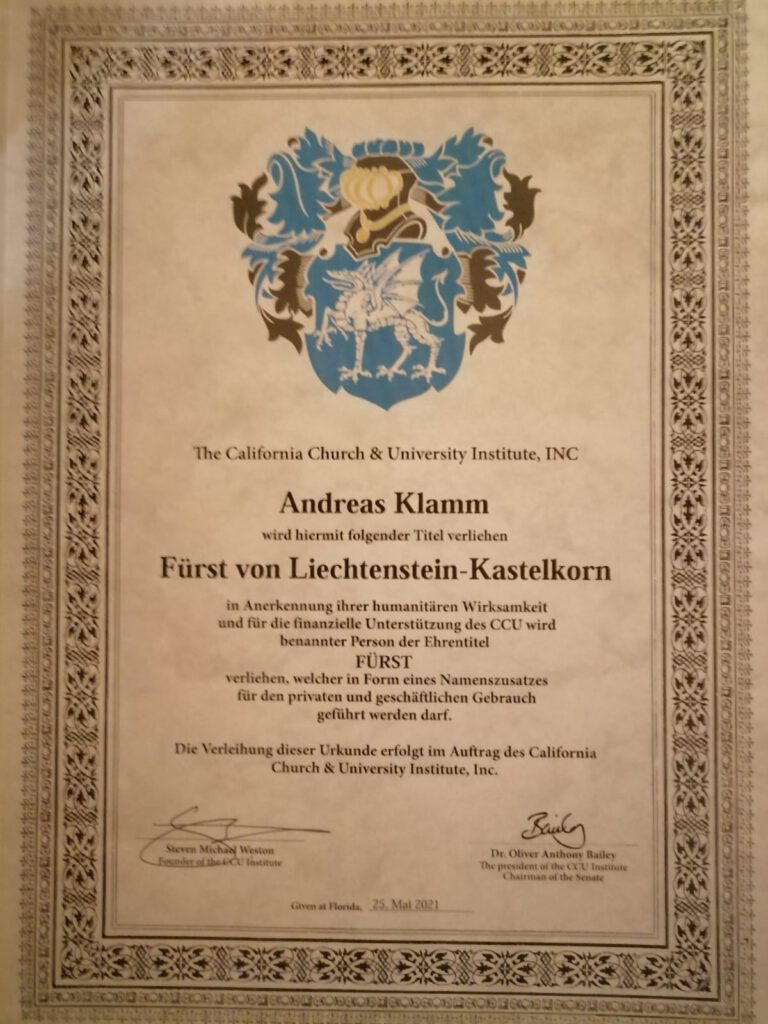

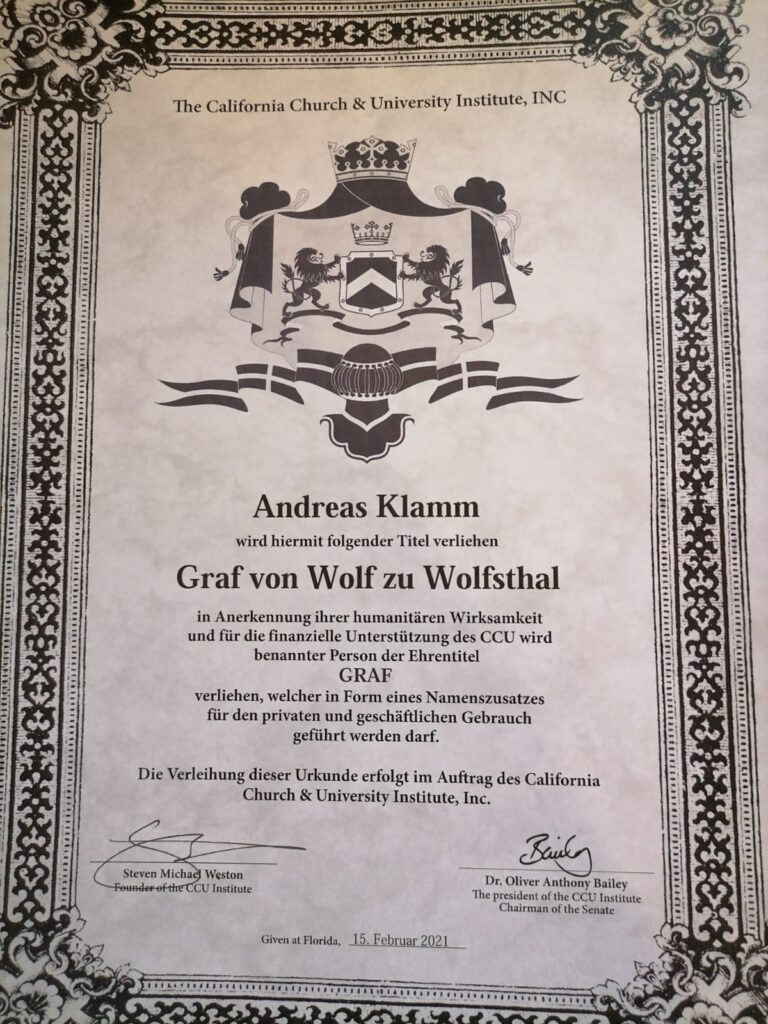
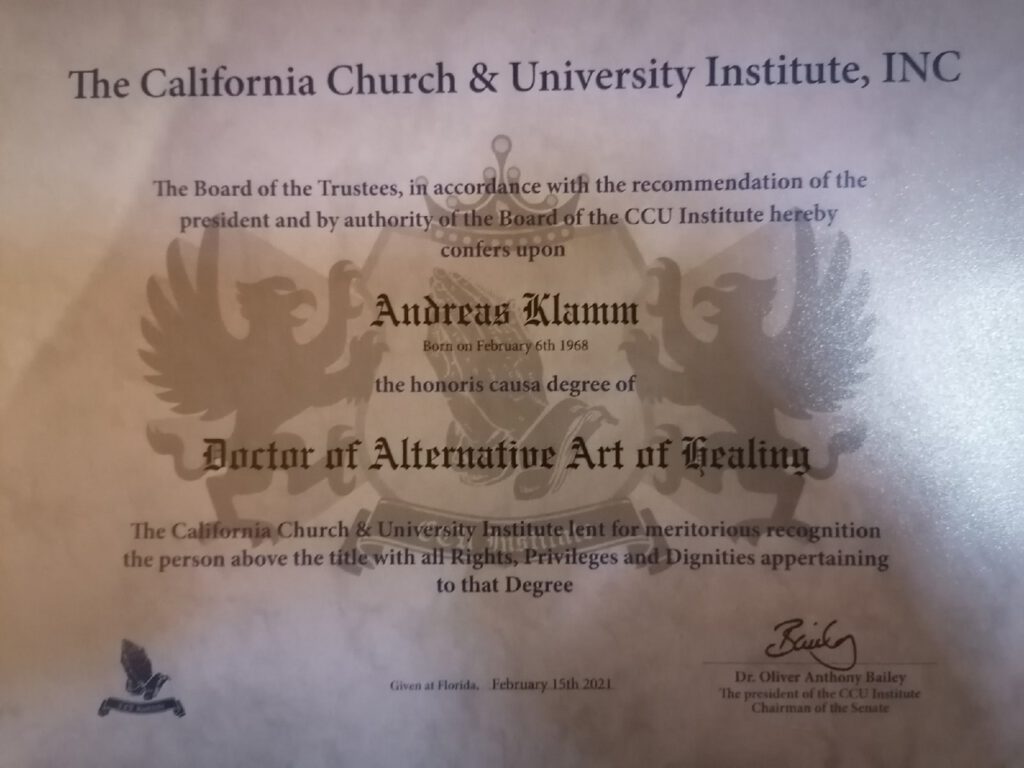
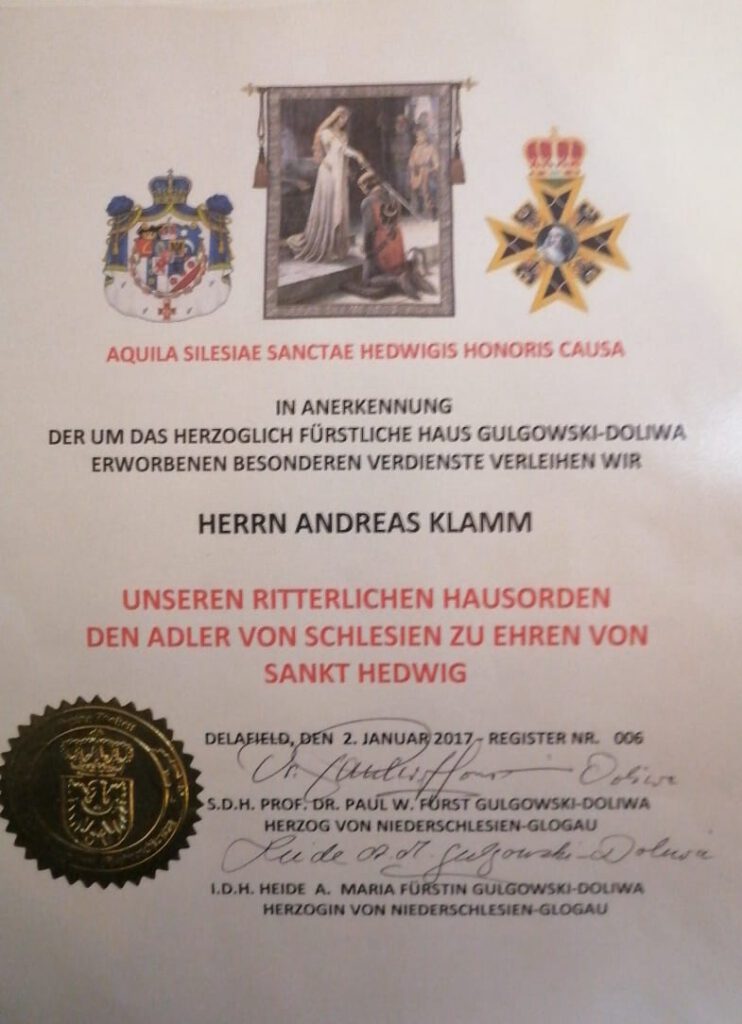







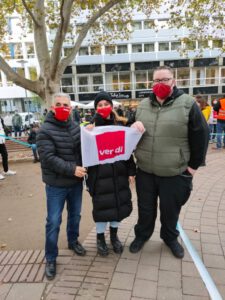
Neueste Kommentare